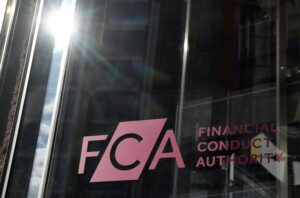Basel’s Revised Crypto Regulations for Banks Postponed to 2026, According to Ledger Insights – Leveraging Blockchain for Enterprise

The Basel Committee, the global standard setter for regulating banks, has decided to postpone the implementation of the Basel rules for crypto-assets by a year to January 2026. Its definition of crypto-assets is broad, encompassing cryptocurrencies, stablecoins, and tokenized securities such as stocks and bonds.
“The revised implementation date will help ensure that all members are capable of implementing the standard in a comprehensive, timely, and consistent manner,” stated the oversight body of the Basel Committee.
The initial set of rules for crypto-assets was finalized in late December 2022. However, a year later, the Committee sought feedback on proposals for significant changes. The Committee intends to update the rules later this year.
The proposed revisions tighten the requirements for crypto-assets to be classified in the low-risk Group 1, where tokenized securities typically belong. According to the draft amendments, any security tokens issued on a public blockchain would automatically fall into the higher-risk Group 2, which imposes stringent capital requirements. For instance, U.S. banks would need to reserve a dollar of capital for every dollar of tokenized securities they hold on a public blockchain. The same applies to any other digital securities that do not meet the risk criteria outlined in the standard.
Industry associations GFMA, FIA, IIF, and ISDA have raised objections to this change. They also express dissatisfaction with another proposal concerning ‘infrastructure risk’. Prior to the publication of the initial standard, the Committee had suggested that all Group 1 assets, including digital or tokenized securities, should carry a 2.5% infrastructure risk add-on. Although the final 2022 standard eliminated the add-on, the proposed 2023 amendments reintroduce it at 0%, with local regulators having the option to increase the percentage.
The industry associations advocate for the removal of all mentions of the infrastructure risk. They have also addressed several other proposed changes.
In the meantime, Erik Thedéen, the Governor of Sweden’s Riksbank, is set to take over as the new Chair of the Committee in June of this year. He will succeed Spain’s Pablo Hernández de Cos, who has been in the role for over five years.
Source link
#Basel #crypto #rules #banks #delayed #Ledger #Insights #blockchain #enterprise






